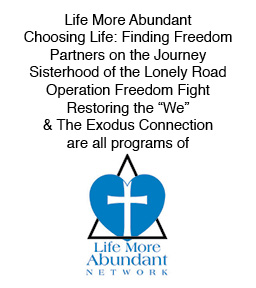Time and time again we’ve had clients comment on what a huge trigger boredom is for them. Even those that have been successfully managing their addiction for a period of time report that once they become bored the battle gets much more difficult and sometimes they even end up slipping back into their old unwanted behaviors.
So what exactly is boredom and why is it so powerful? In listening to their stories, I’ve come to believe that it is much more than “being left without anything particular to do,” as one dictionary defines it.
I believe boredom would better be described as “a self-imposed isolation caused by not being connected with someone or something.”
It is well proven that isolation, of any kind, is one of the leading causes of relapse. Addiction, by its very nature, isolates people. It distances them from their families and friends, their hobbies, even their God. But as strange as it seems, the addiction also becomes the primary way to cope with the pain of that isolation. No matter what the addiction is—sex, alcohol, gambling, drugs or anything else—it has the ability to distract us from the discomfort and pain of being disconnected. Addiction isolates us. Isolation makes us run to the addiction. It’s a cycle that keeps us hopelessly trapped.
When we stop acting out, we have no easy way to avoid the full force of all the ugly feelings isolation brings us. However, as we learn to risk getting reconnected with people and even projects and hobbies that excite us we will find isolation becomes less and less of an issue.
Boredom, like loneliness, is simply a red flag that tells us we haven’t been paying enough attention to getting connected. The solution to boredom is found in the question “who or what can I connect with today?” Our recovery will be in jeopardy if we choose not to stop and seek out an answer to this very crucial question.


Leave A Response